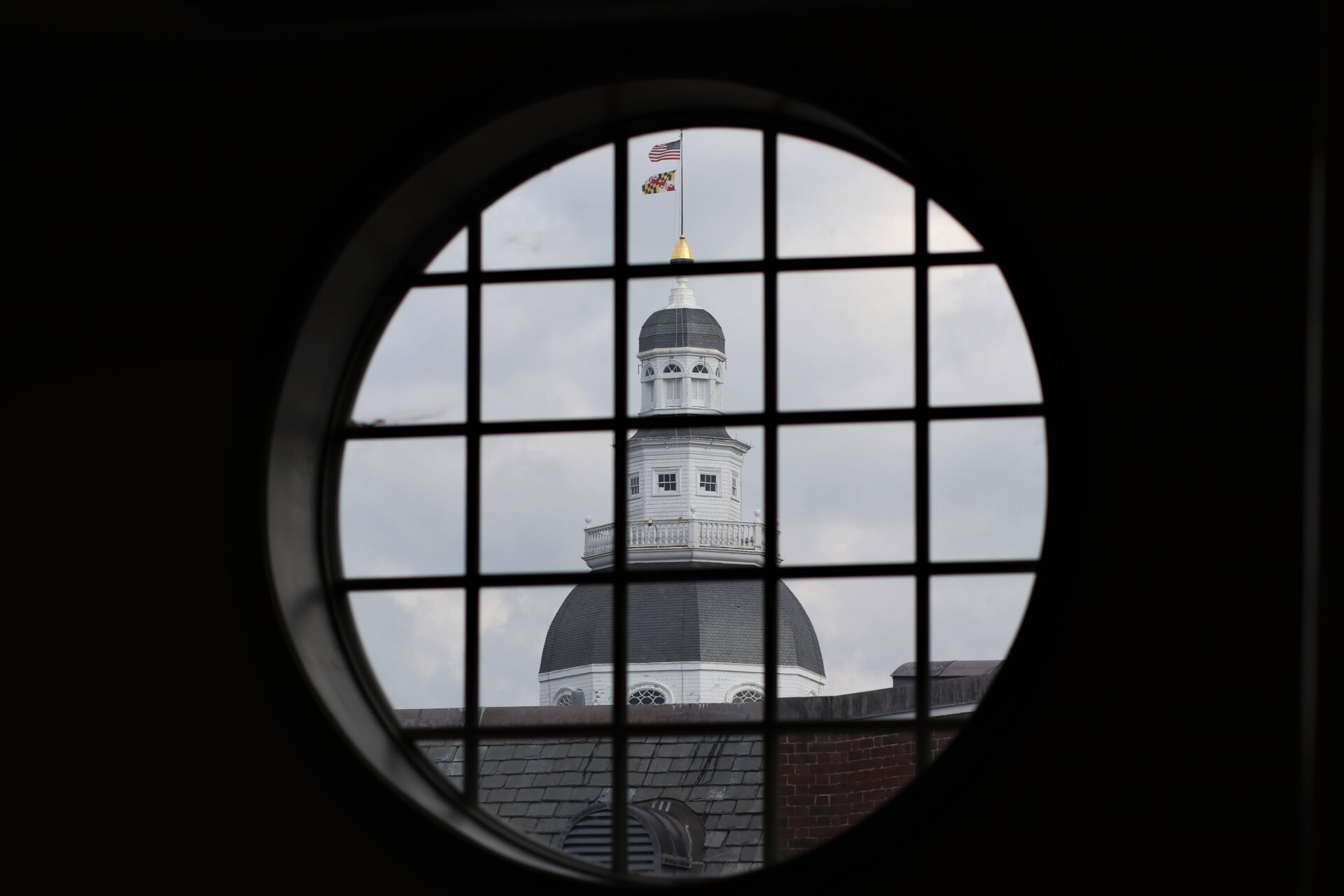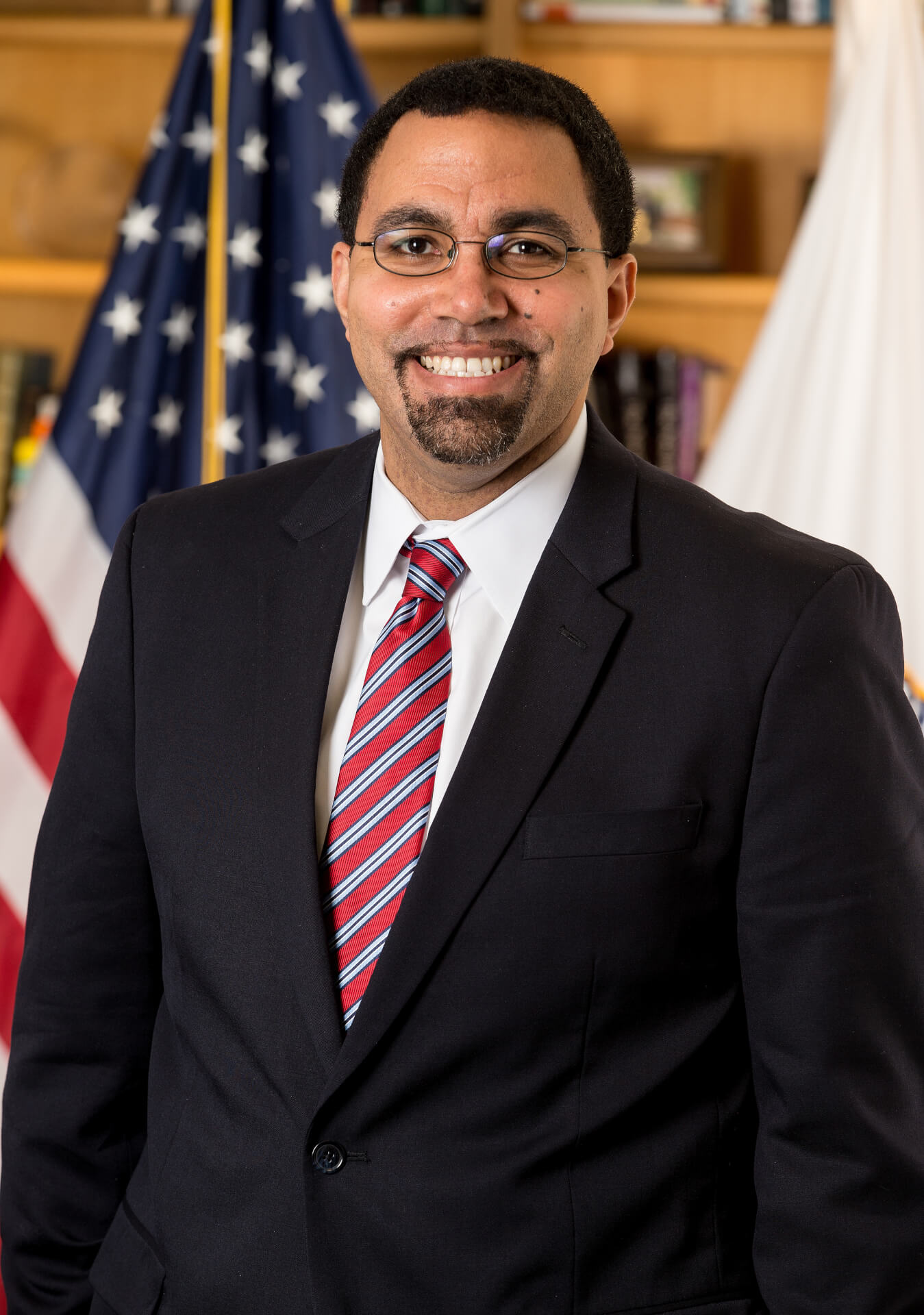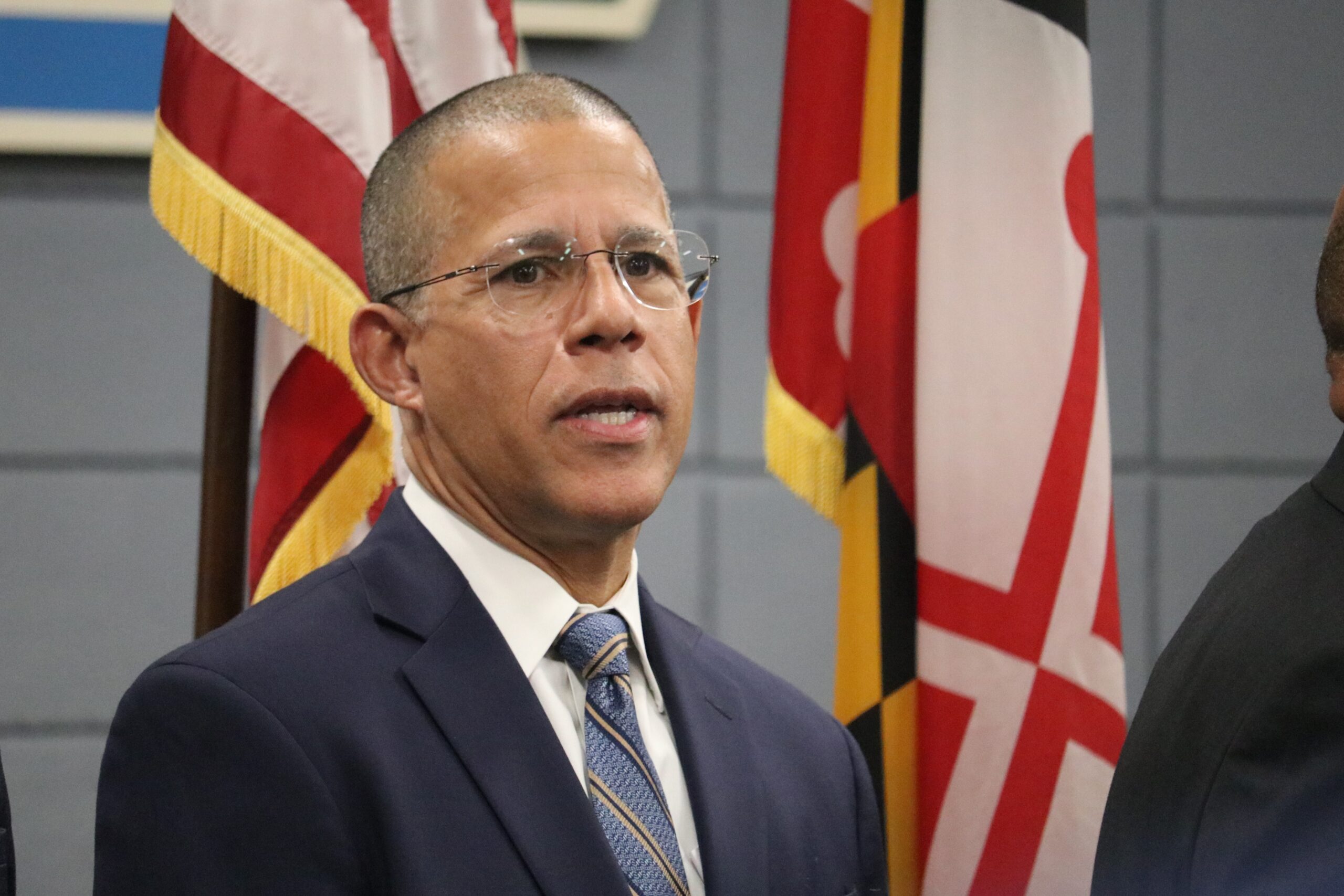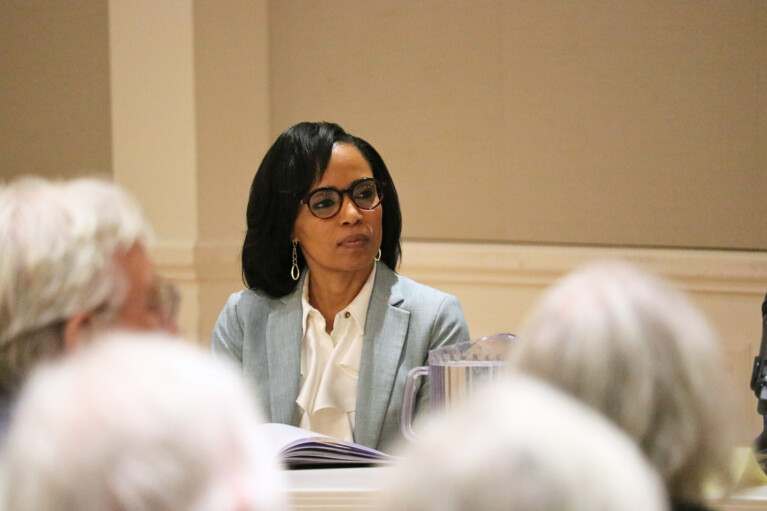New Group Forms to Promote Progressive Agenda in Annapolis

A former member of President Obama’s cabinet is launching an organization to promote bold solutions in Annapolis to problems brought on by the COVID-19 pandemic and longstanding, more systemic inequities in the state.
Strong Future Maryland, the brainchild of former U.S. Education secretary and Silver Spring resident John B. King Jr., goes public Monday with a website, introductory video and op-ed piece by King in Maryland Matters. The organization, King said in an interview, will fight for progressive policies that meet the myriad challenges facing the state.
“This is a moment to move beyond small-bore government responses,” he said.

Former U.S. Education secretary John B. King Jr. is launching Strong Future Maryland.
King said he has already raised more than $1 million to fund Strong Future Maryland. The organization will promote proposals that tackle the public health and economic crises brought on by COVID-19 but also seeks structural changes in state policy that address racism, climate change, the criminal justice system, housing and food insecurity and investments in education.
“The goal is an equitable recovery,” King said. “The idea is to try to make this a New Deal moment. The question is, how do we achieve a more resilient, more prosperous, more sustainable future?”
Alice Wilkerson, who was chief of staff to now-U.S. Rep. Jamie B. Raskin (D-Md.) when Raskin served in the state Senate, will become executive director of Strong Future Maryland. She has spent the past four years as a lobbyist in Annapolis with Public Policy Partners, where her clients have included the ACLU of Maryland, Public Justice Center, Healthcare for the Homeless, and Marylanders to Prevent Gun Violence.
One the group’s goals, Wilkerson said, is to get Marylanders who are already politically engaged more involved with state government.
“I think Annapolis is a mystery to most people ― even your hardcore activists,” she said. “But you have an opportunity to participate in a way you really don’t at the federal level.”

Alice Wilkerson
Strong Future Maryland has been set up as a 501c4 organization, meaning it can do lobbying and other advocacy work, can support or oppose ballot measures, host candidate debates, conduct voter registration drives, and generate literature comparing candidates’ positions on issues. But it cannot directly endorse, fund or campaign for political candidates. Wilkerson said the organization plans to work closely with several other advocacy groups.
As a 501c4, Strong Future Maryland is not legally obligated to list its donors. King described the contributors to the organization as “a network of friends and supporters who care a lot” about the issues the group plans to emphasize.
Strong Future Maryland’s board of directors, King said, consists of Denis McDonough, Obama’s chief of staff who lives in Takoma Park and is a senior adviser to the Markle Foundation, which focuses on workplace innovations; Cecilia Muñoz, a Silver Spring resident who headed the White House Domestic Policy Council under Obama who is on leave from her job at the New America think tank to serve on former vice president Joe Biden’s transition team; former state Del. Alice Cain, an Anne Arundel County Democrat who currently works at the Moriah Fund, a human rights and social justice organization; and Fagan Harris, president and CEO of Baltimore Corps, a training program for aspiring social entrepreneurs.
King, who is 45, served as Obama’s second secretary of education, did a stint as deputy secretary and previously served as New York State education commissioner. He is currently president and CEO of the Education Trust, a D.C.-based nonprofit that works to close the education achievement gap. He does not plan to leave his day job to work on Strong Future Maryland.
King, though a political neophyte, is mentioned as a potential Democratic candidate for governor in 2022, and has spent the past few months quietly reaching out to state political leaders, policy experts and influencers. But he insists the launch of Strong Future Maryland ― and its ambitious agenda ― is not related to any personal political ambitions.
“For me, this is about the long-term progress of the state,” he said. “This is not just for one legislative session or one political cycle. Whoever is running for governor in 2022, whoever is elected in 2022, has to make these issues a priority for the foreseeable future.”
And yet King is making his own biography ― as a descendant of enslaved Marylanders who overcame a troubled childhood in New York (his mother died when he was 8 and his father died when he was 12) ― part of the narrative of Strong Future Maryland, a testament to how struggling people of color can overcome major obstacles, and how a robust government investment in education can make a difference in children’s lives. The group’s three-minute introductory video is like a campaign ad.
Gov. Lawrence J. Hogan Jr. (R) used a political organization, Change Maryland, born of grievances with Democratic spending and tax policies, to launch his 2014 gubernatorial campaign.
State Comptroller Peter V.R. Franchot is the only declared Democratic candidate for governor so far. Other potential Democratic contenders include U.S. Reps. Anthony G. Brown and David J. Trone, Prince George’s County Executive Angela D. Alsobrooks, Baltimore County Executive John A. Olszewski Jr., former attorney general Douglas F. Gansler, and former Howard County executive Ken Ulman.
Whether King attempts to succeed Hogan himself, he’s prepared to make the case that the state under the governor has been “stuck in time.”
“That’s not good enough,” he said. “We’ve lost the opportunity to confront the challenges and make the kind of progress that’s so necessary.”
Job No. 1 for Strong Future Maryland, King and Wilkerson said, will be to urge lawmakers to override Hogan’s vetoes of the Blueprint for Maryland’s Future, an ambitious and expensive school reform plan, and legislation that would have provided an extra $580 million over a decade for the state’s four HBCUs.
“The legislature,” King said, “has moved some good and important things during the past decade, but we need deep and structural change to reach the kind of society we deserve.”




 Creative Commons Attribution
Creative Commons Attribution